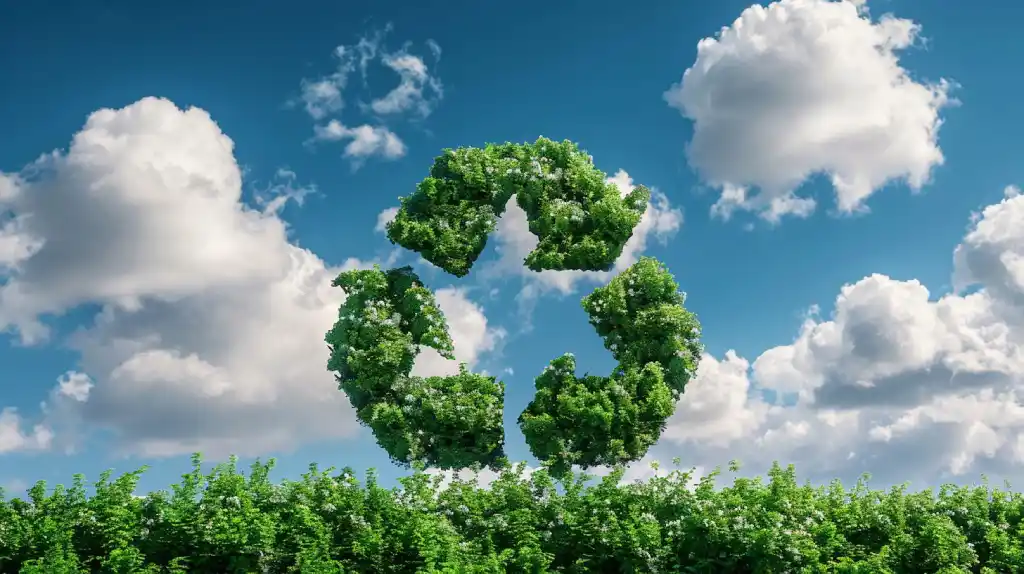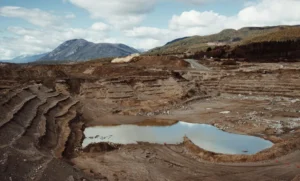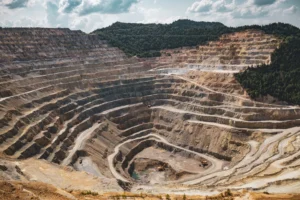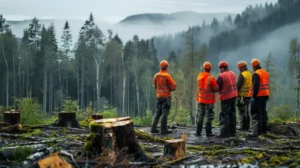
Imagine waking up to a day when your coffee cup does not find its way to the landfill but turns into something else, something of use and value. Such is the power of recycling; the change of waste into something precious.
What is Recycling
Recycling is that great process that offers used items a second chance of life. It is actually collecting, processing, and transforming used items into other new products, significantly reducing our environmental footprint.
Instead of letting used things such as paper, plastic, or aluminum rot in a landfill, recycling breathes new life into them and saves all that energy while reducing and conserving the precious resources in the process.
Recycle Definition

Recycle is a process of making waste material a new product, or the reutilization of discarded materials to form a new product.
Why is Recycling Important
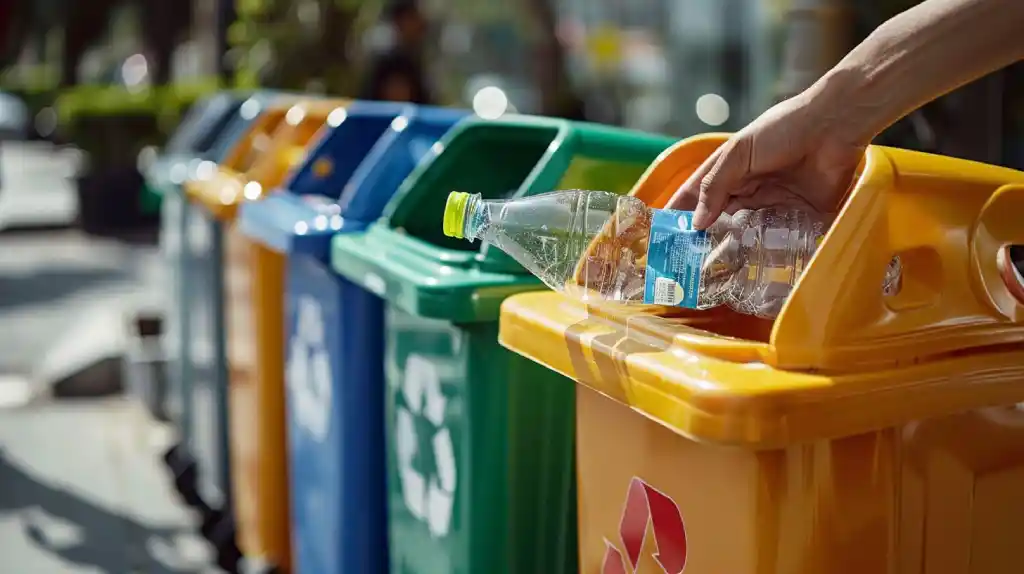

Let’s get real on why is recycling important: it’s not just a good feeling, but a survival aspect. Here’s a very eye-opening breakdown:
1. Waste Reduction
Every item recycled is one less burden on our overflowing landfills.
It Keeps Landfills in Check
Every day in the United States, Americans trash enough to fill 63,000 garbage trucks. All that waste or litter, without recycling, ends up in a landfill, polluting soil and water. Recycling keeps trash out of landfills, leading to cleaner spaces and healthier ecosystems.
2. Resource Conservation
Recycling saves raw materials and reduces the need for extensive mining and logging.
It Conserves Natural Resources
Materials such as wood, metal, and oil are non-renewable. Recycling reduces the need for raw materials, saving forests and mines untouched. For example, recycled aluminum can save as many units of energy as is required to power a television set for three hours!
3. Energy Savings
The recycling process uses significantly less energy compared to creating products from scratch.
It Fights Climate Change
Energy consumption for recycling is lesser compared to manufacturing products from virgin resources. The greenhouse gas emissions and carbon footprint is considerably reduced.
The Recycling Process
Here’s how the recycling process works its magic:
- Collection: Items are gathered from recycling bins
- Sorting: Materials are separated by type (plastic, paper, glass, metal)
- Processing: Items are cleaned, shredded, and prepared for transformation
- Manufacturing: Recycled materials become brand new products
Recycling Benefits — Why You Should Care

Recycling benefits extend far beyond just clearing out your garage. Check out this impact:
| Material | Energy Saved | CO2 Reduced |
|---|---|---|
| Aluminum | 95% | Significant |
| Paper | 65% | Substantial |
| Plastic | 70% | Major |
Diverse Impact of Recycling
Environmental Superpowers
Recycling is a feel-good activity-it is a critical weapon in our fight against environmental challenges. Let’s break down the environmental recycling benefits:
Every time you put that recyclable item in the right bin, you are saving the planet’s precious resources in real life. By recycling, we really minimize the need to dig raw materials such as timber, water, and minerals.
Want to be a climate hero? Then recycle! Recycling and composting municipal solid waste has helped to save over 193 million metric tons of carbon dioxide equivalent in 2018 alone. That is equivalent to removing millions of cars from roads for a whole year!
Energy Savings Miracle
Here’s a mind-blowing fact: recycling just 10 plastic bottles can generate enough electricity to power a laptop for over 25 hours. The individual Waste Reduction Model (iWARM) of EPA helps estimate these incredible energy savings.
Economic Powerhouse
Recycling is good for the planet – it’s an economic engine. The 2020 Recycling Economic Information (REI) Study revealed some jaw-dropping numbers:
- Jobs Created: 681,000 jobs in a single year
- Wages Generated: $37.8 billion
- Tax Revenues: $5.5 billion
That translates to 1.17 jobs per 1,000 tons of recycled materials and $65.23 in wages for every ton recycled. Talk about economic recycling magic!
Community and Social Impact
Recycling goes beyond environmental and economic benefits. It’s a tool for social justice, sustainability and community empowerment:
Waste management facilities often find their way into the underserved communities, which brings about environmental and health problems. The recycling alternative is sustainable for improving quality of life with reduced harmful environmental impacts.
Global Responsibility
Our recycling efforts have international effects. We prevent potentially dangerous materials from being exported into countries that are not properly equipped to handle them for safe processing.
Practical Tips: Recycling in Everyday Life
Want to become a recycling expert? Here are some pro tips:
- Rinse containers before recycling
- Learn your local recycling guidelines
- Invest in separate bins for different materials
- Avoid contaminating recyclables with food waste
Call to Action: Your Recycling Journey Starts Now
Ready to make a difference? Start small:
- Set up a recycling station at home
- Educate your family and friends
- Challenge yourself to reduce waste weekly
Recycling isn’t just an action – It’s a lifestyle.
Recycling is reusing old stuff to make new things. It helps save the environment by reducing waste and using less new materials.
So, the next time you recycle, keep in mind that you are giving something a new life and protecting our environment and planet while shaping a sustainable future.
FAQ's
What is recycling in simple words?
Recycling is when we take old things like paper, plastic, and glass and turn them into new things. It’s like giving old stuff a second chance!
What does "recycle" mean?
To recycle means to reuse discarded materials to create new products.
What are the 5 benefits of recycling?
- Saves resources
- Reduces waste
- Saves energy
- Protects the environment
- Creates jobs
